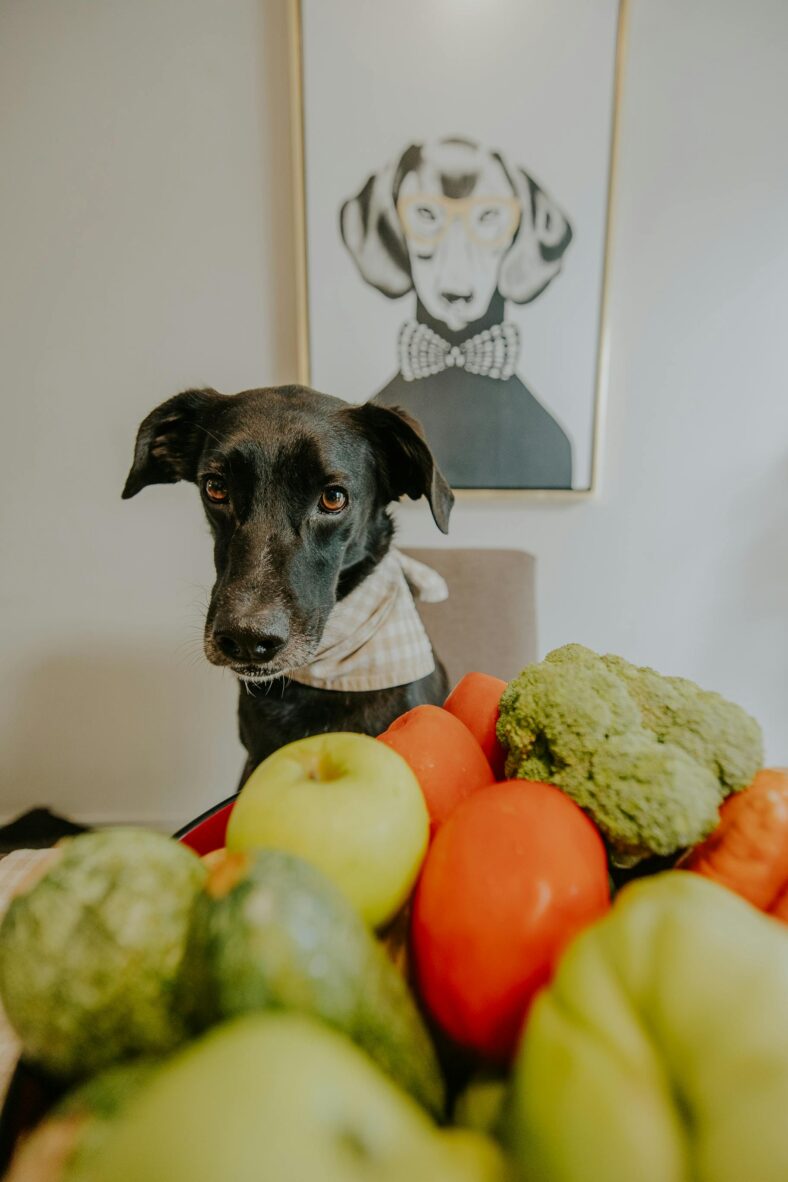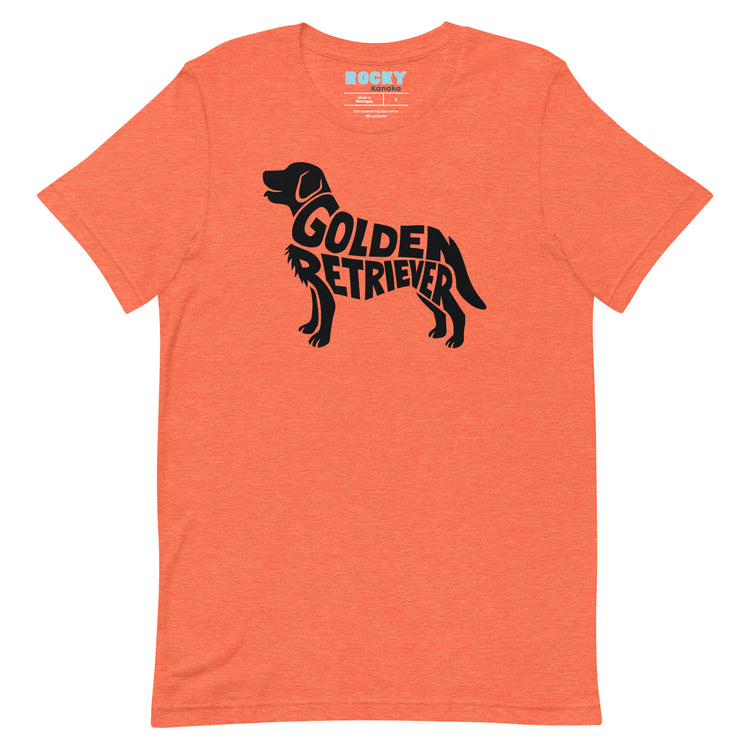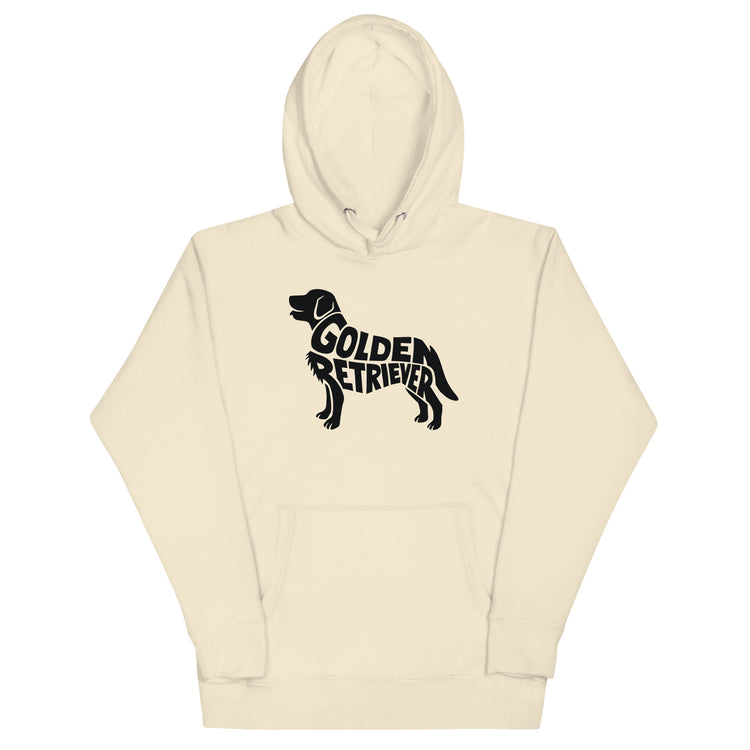Golden Retriever FREAKS OUT After Tasting Lemon — His Reaction Left Millions HOWLING! 😱🍋
Golden Retrievers are known for their love of food, but sometimes, curiosity leads to hilarious results. A viral TikTok (@sunnysgoldenlifex) captures a 6-month-old Golden Retriever called Sunny’s first encounter with a lemon—despite his clear hesitation, he just has to give it a try. His priceless reaction after sniffing and licking the sour fruit will leave you in stitches! (Watch the TikTok below!)
@sunnysgoldenlifex Sunny trying lemon for the first time… He loved it clearly! #goldenretriever #puppy ♬ Monkeys Spinning Monkeys – Kevin MacLeod & Kevin The Monkey
A Golden Retriever’s Sour Adventure
When Sunny, the ever-curious Golden Retriever, encounters a lemon for the first time, his reaction is pure comedy. One sniff has him jerking his head back in disgust, his ears adorably flopping and his little paw immediately taps the lemon as if challenging it.
It seems Sunny has declared war on the lemon simply because it offends his senses. Determined to investigate further, he gives it a cautious lick—only to recoil as if stung, bouncing around in protest.

In a final act of defiance, he shoves the lemon away, but his curiosity wins out. He goes in for another taste—this time, properly. Realizing this sour yellow fruit isn’t for him, Sunny decides to turn it into a toy instead, playfully accepting that not all human foods are Golden-approved!
Viral Sensation
Sunny’s first lemon taste test has TikTok in stitches! The adorable Golden Retriever’s hilarious reaction has racked up 2.7 million views, 320K likes, and hundreds of amused comments.

TikTok user Lucy joked in the comments section, saying, “He gave that lemon three chances to taste good 😂.” Meanwhile Lovelle Lee added, “Looking at those paws, he’s going to be huge! So cute and this video makes my worst day better!! ❤️”
Sunny’s viral TikTok video proved that not all foods are a hit with Golden Retrievers—no matter how curious they are! His hilarious reaction has brought joy to millions, but it also raises an important question: Can dogs eat lemons? The simple answer would be no because it can make them sick. But let’s understand how bad can lemons really be for our furry friends.

Why Are Lemons Bad For Dogs?
Dr. Sandra C. Mitchell, a veterinarian, says, “While a lemon’s flesh isn’t toxic to dogs, it can still make your dog sick.” Fortunately, just like Sunny, most dogs tend to avoid lemons due to their strong citrus taste.
If your dog ingests lemon, it may experience several adverse effects. An upset stomach is a likely outcome due to the lemon’s sour taste and potent aroma. The high acidity of lemons can also irritate your dog’s digestive system, leading to vomiting and diarrhea, causing your dog significant discomfort.
Can Dogs Eat Lemon Peels?
While lemon flesh is not toxic to dogs, the peels and rinds contain toxic natural chemicals like psoralicin, limonene, and linalool. Keep your dog away from these parts to avoid potential harm.
If your dog ingests a lemon peel or the white pith, monitor them closely for symptoms such as vomiting, diarrhea, lethargy, and skin irritation. Contact your veterinarian immediately if you notice any of these signs, as untreated lemon poisoning can cause liver damage and potentially life-threatening intestinal obstruction.

Can Dogs Eat Lemon Juice?
Consuming large amounts of lemon juice can be highly toxic to dogs, causing severe illness. It’s crucial to never intentionally give your dog lemon juice.
While accidentally licking a small amount of lemon juice is unlikely to cause significant harm, it’s still important to discourage this behavior and take precautions to prevent future exposure.
What to Do If Your Dog Eats Lemon?
If your dog ingests a lemon accidentally, you must look out for signs that can indicate illness. “Keep an eye out for symptoms of digestive distress, such as vomiting, diarrhea, or loss of appetite,” states Dr. Mitchell.
Don’t hesitate to consult with your veterinarian for guidance on the best course of action. They will help you determine whether a clinic visit is necessary to ensure your dog’s health and well-being.
Some dogs are more vulnerable to the adverse effects of lemon ingestion, including small breeds, elderly dogs, and those with pre-existing health conditions. If your dog exhibits severe symptoms such as disorientation, tremors, difficulty breathing, or weakness, seek immediate veterinary attention to prevent any potential complications.
Alternate Options To Lemons For Dogs
If you’re looking for a healthy and safe alternative to lemons for your dog, you can introduce other fruits into their diet. Remember to start slow and feed in moderation, monitoring your dog’s digestive health and stopping immediately if any adverse reactions occur.
Pineapples, kiwi, mangoes, strawberries, papaya, cantaloupe, watermelon, blueberries, bananas, peaches, raspberries, apples, pears, blackberries, and oranges are all safe options for dogs.
However, it’s essential to note that not all fruits are safe for canine consumption. Grapes, for example, are toxic to dogs and should be avoided entirely.

FAQs (Frequently Asked Questions)
Can dogs eat lemon cake?
Lemon-flavored baked goods, such as cakes are bad for your dogs. These treats often contain unhealthy ingredients like sugar and butter, which can be detrimental to your dog’s health.
Can dogs eat lemon pepper chicken?
According to Waggle Pet Monitor, although the primary ingredients in lemon pepper chicken are not extremely toxic to dogs, the combined seasoning and additional ingredients can still pose a significant risk to your pet’s health.
Can dogs eat lemon grass?
Dogs cannot eat lemongrass as it’s toxic to them, as per veterinarian Michelle K. Lemongrass contains cyanogenic glycosides, which can convert to cyanide when ingested. Eating large quantities can cause serious issues, while smaller amounts can lead to stomach upset, vomiting, and diarrhea.
Can dogs eat lemon cookies?
Just like lemon-flavored cakes, lemon cookies are a no-no for dogs due to the harmful ingredients like sugar and butter.





